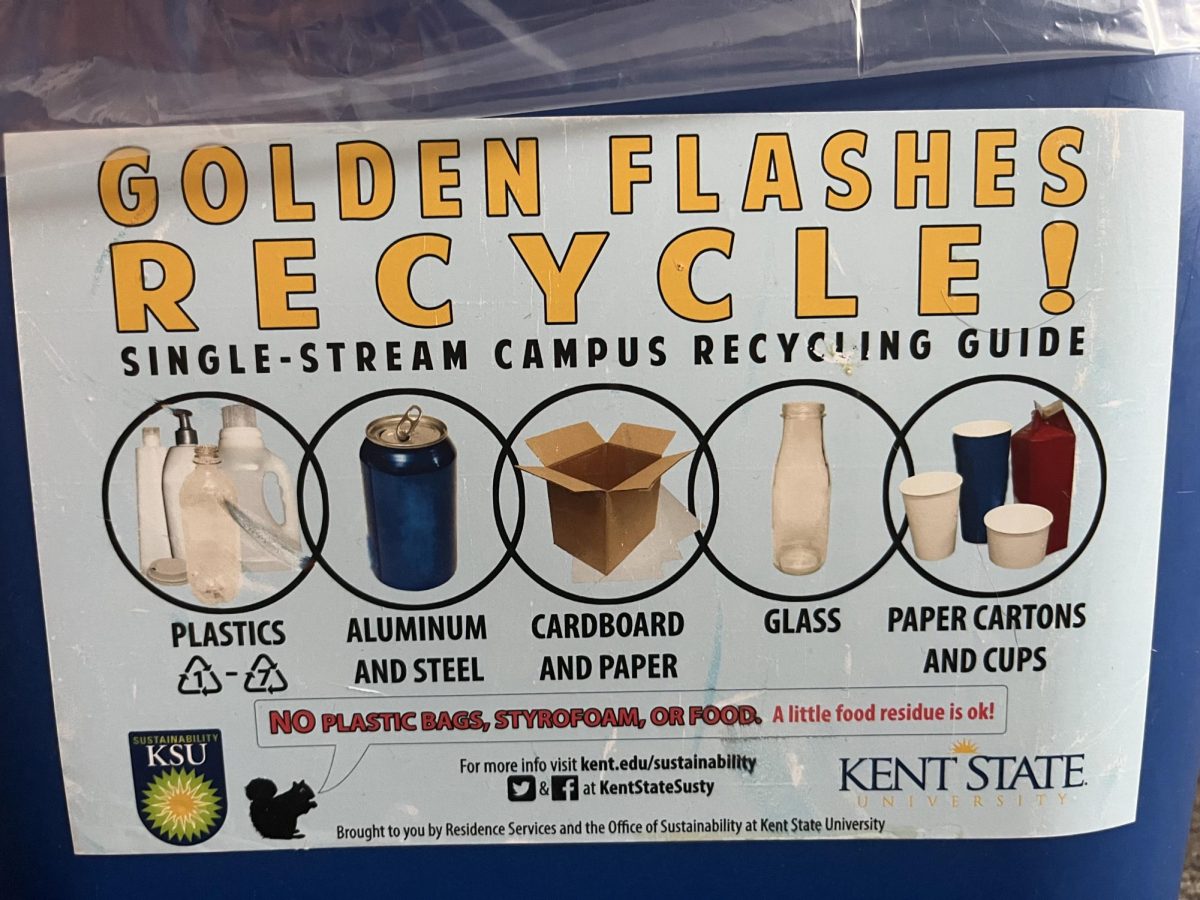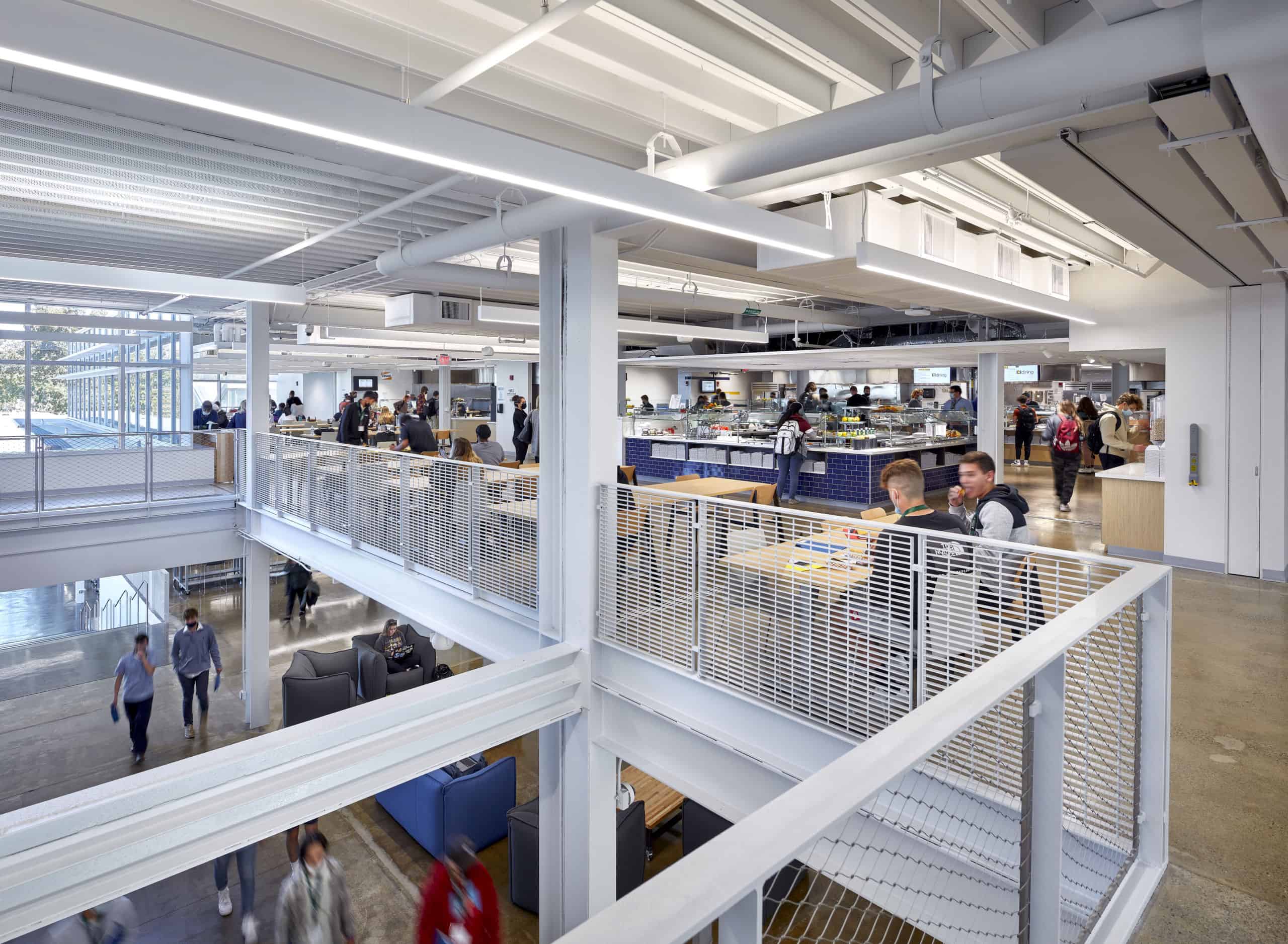Kent State University Leads the Way in Campus Sustainability
Kent State University is setting a benchmark for environmental stewardship, blending innovative programs, green infrastructure, and community engagement to create a model for sustainability. As institutions across the nation grapple with reducing their carbon footprints, Kent State stands out for its approach to building a greener campus.

With initiatives ranging from renewable energy and eco-friendly transportation to waste reduction and sustainable dining, Kent State is proving that sustainability is not just a trend, but a guiding principle shaping its future.
At the heart of Kent State’s efforts is its growing reliance on renewable energy. Solar panels now span the rooftops of several academic and residential buildings, generating clean energy to power classrooms, dormitories, and common areas. The panels are part of a broader push to reduce reliance on fossil fuels and transition to a net-zero carbon campus by 2040.
The university’s Design Innovation (DI) Hub symbolizes this commitment. Once an aging factory, the building has been transformed into a state-of-the-art learning space with LEED Platinum certification, the highest standard for sustainable design. It features solar power, reclaimed materials, water-efficient systems, and a living wall of plants that acts as a natural air filter.

“The DI Hub embodies what Kent State stands for: innovation, education, and sustainability,” said Dr. Elena Novak, Director of Sustainability. “It’s a space where students can not only learn about sustainability but also create solutions that have a tangible impact.”
One such solution is a solar-powered mobile charging station designed by engineering students. The station, soon to be installed at the campus’s popular Student Green, will allow students to charge their devices using entirely renewable energy.
Sustainability at Kent State extends beyond energy. The university has implemented programs aimed at reducing food and water waste, making it a leader in sustainable resource management.
A campus garden, maintained by the Student Sustainability Collective, serves as both an educational space and a resource for the community. The garden produces fresh vegetables, herbs, and flowers, which are donated to the university’s food pantry and incorporated into campus dining menus. By sourcing food locally and reducing transportation emissions, the garden is helping to lower the university’s carbon footprint while addressing student food insecurity.
“This garden is more than just a place to grow food,” said Clara Harris, a sustainability intern. “It’s a symbol of what we can achieve when we combine education, community, and environmental responsibility.”
Also, a rainwater harvesting system collects runoff from building roofs. The water is stored and used to irrigate campus landscaping, saving thousands of gallons annually.
The university’s dining services have undergone a sustainability overhaul, with local farms now supplying much of the produce used in campus kitchens. Plant-based dishes take center stage in dining halls, offering students eco-friendly meal options that reduce the environmental impact of food production.
Another standout program is the campus-wide composting initiative. What began as a pilot project in a single dormitory has expanded to include all dining halls, residence halls, and many campus events. Organic waste is collected, processed, and turned into nutrient-rich compost, which is then used to fertilize the campus garden and landscaping.
“Composting has been a game-changer for Kent State,” said Harris. “We’re not just reducing waste; we’re creating a closed-loop system that benefits the entire campus.”
To address emissions from transportation, Kent State has rolled out several eco-friendly options, including a bike-sharing program and a fleet of electric buses. These initiatives have not only reduced the number of cars on campus but also made the university more pedestrian-friendly.
The bike-sharing program, which features strategically placed racks across campus, has become a favorite among students. Meanwhile, the electric buses, introduced as part of a partnership with the city of Kent, provide a sustainable and convenient option for navigating the campus and surrounding areas.
“I love that I can get around campus without relying on a car,” said Jack Rees, a sophomore. “It’s faster, cheaper, and better for the environment.”
Education is a cornerstone of Kent State’s sustainability mission. From workshops on reducing personal carbon footprints to courses in environmental studies and sustainable business, the university equips students with the knowledge and skills they need to tackle global challenges.
The May Prentice House, home to the Office of Sustainability, serves as a hub for these efforts. Students and faculty collaborate on projects ranging from data analysis of energy usage to community outreach programs, such as creating a guide for local businesses on implementing sustainable practices.
“We want our students to see that sustainability isn’t just about what happens on campus. It’s about making an impact in the world,” Novak said.
While Kent State has made significant progress, its leadership knows there is still work to be done. The university has set ambitious goals for the coming decades, including achieving net-zero greenhouse gas emissions by 2040 and expanding its use of renewable energy.
Plans are also underway to integrate more sustainability-focused majors and minors into the curriculum, ensuring graduates leave with a deep understanding of environmental challenges and solutions.
“Universities have a responsibility to lead by example,” Novak said. “Kent State is showing that sustainability isn’t just a goal; it’s a way of life.”
As students, faculty, and staff work together to create a greener future, Kent State is becoming a national model for sustainability in higher education. With its blend of innovative technology, community engagement, and a deep commitment to environmental responsibility, the university is proving that change is possible, and that it starts on campus.
“Kent State is more than just a university,” said Harris. “It’s a community that believes in making a difference, one step at a time.”



